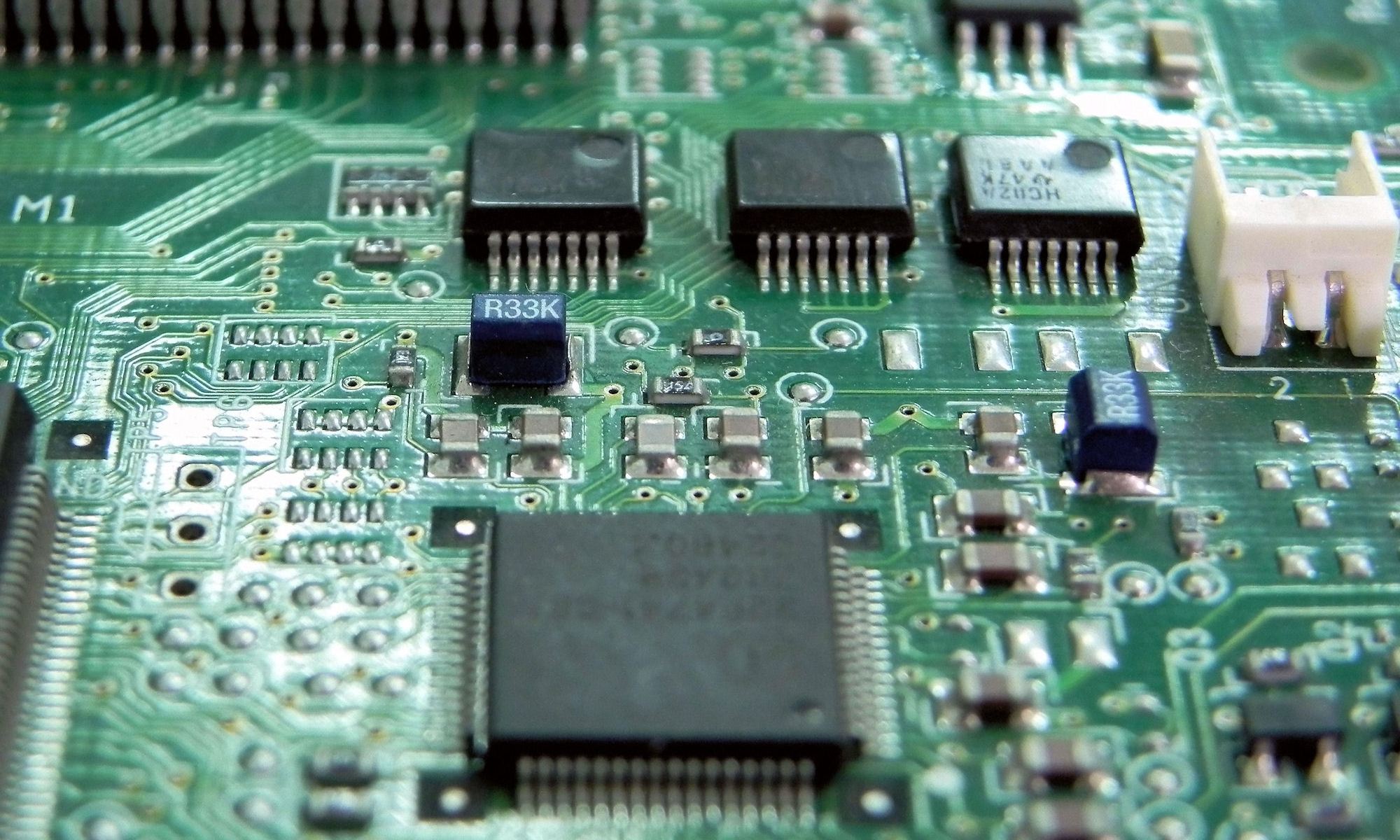Episode 203: What are semiconductors?

Have you ever wondered what semiconductors are? On this week’s Energy Bite, Lisa Porter, a professor at Carnegie Mellon University, has some answers.
Listen
Respond
- Video – Lisa Porter: Semiconductors for an Energy Efficient Future – College of Engineering, Carnegie Mellon University
- How do Photovoltaics Work? – Science Beta, NASA
- Organic-Inorganic Halide Perovskite Semiconductors: Synthesis and Application in Photovoltaics – Argonne National Laboratory
Transcript
HOST: Have you ever wondered what semiconductors are? On this week’s Energy Bite, Lisa Porter, a professor at Carnegie Mellon University has some answers.
LISA: Semiconductors are in everything from your cell phones to medical equipment. In a semiconductor, electricity moves more easily than in an insulator material, such as diamond, but less easily than in a conductor, such as copper. Semiconductors, like silicon, work because introducing a tiny amount of a third material, like boron or phosphorus, provides the ability to control how much electricity is conducted. This ability to control the flow of electricity is exploited in semiconductor devices, like transistors.
HOST: What semiconductors enable energy-efficient technologies?
LISA: When you think of semiconductors, you may think of computers, where semiconductor silicon has been used for years. Semiconductors may be able to do the same for energy. There are many other semiconductors that enable new energy-efficient technologies. For instance, the semi-conductor indium-gallium-nitride is used to make LEDs for high-efficiency, solid-state lighting applications, like lighting a street. And, organic-inorganic perovskite semiconductors are gaining intense interest for future solar cells with increased performance-to-cost ratios.
HOST: Did you know that semiconductors are used for more than just computers? Take our poll, see the results, and ask your energy questions at Energy Bite dot org.
 Energy Bite
Energy Bite 
